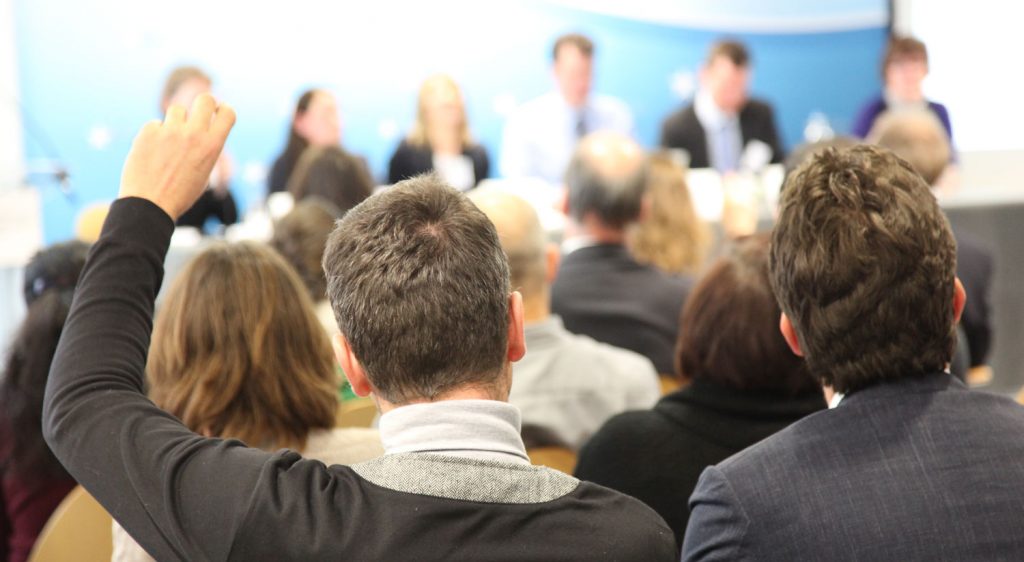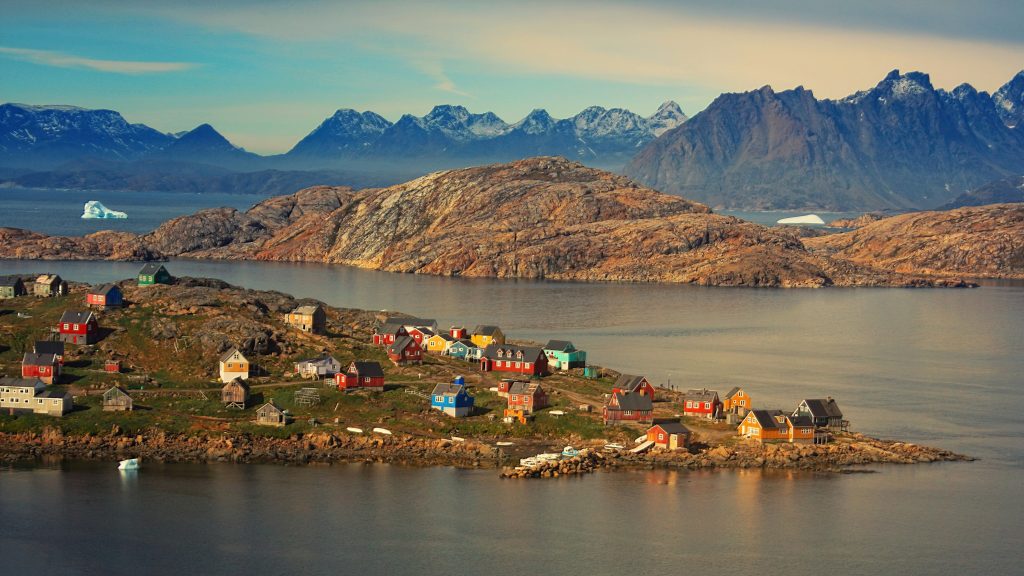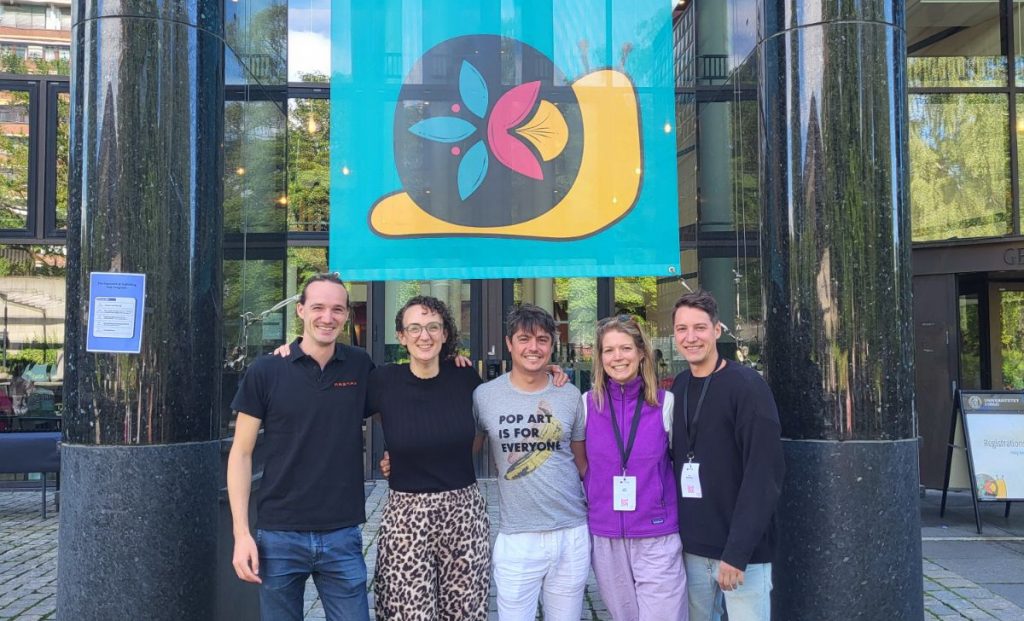Friends of the Earth England, Wales and Northern Ireland welcomed a packed room today at their conference exploring how the four resource footprints – carbon, water, land and material – are already being used in policy and in practice.
The one day event brought together policy-makers, academics, campaigners and experts from business who are already seeing the benefits of using the footprint approach, and coincides with the lead-up to an expected package of measures on resource efficiency and the circular economy – due from the European Commission this year.
Pressure on the world’s resources is rapidly increasing. To improve the resilience of our economy, to minimise price increases, and to reduce our environmental and social impacts, we need to become more resource efficient. The starting point is to measure and manage our resource use, using the four footprints.
Dr. Michael Warhurst, senior campaigner for Friends of the Earth England, Wales and Northern Ireland spoke about the need for global targets: “Innovating for sustainable growth in Europe needs a target at a global level.”
Some participants questioned Europe’s vast consumption of resources. Why, despite years of discussion, does the EU still not measure its resource use and know exactly how much it consumes?
Florence Coulamy, sustainability manager for Unilever said that “with sustainable innovation it is possible to have economic growth while reducing environmental impact; you must first recognise how you are leaving a footprint, then asses your products, markets, and consumers.”
Policy discussions focused around the European Commission’s expected package of measures on resource efficiency and the circular economy, due in the first half of 2014.
Natalia Matting from the European Commission’s department for enterprise and industry said “there is consensus that there is an advantage to looking into resource efficiency and there is a need for transparent methodologies to integrate our goals into policy.”
Frank Hönerbach, representative from the German Environment Ministry explained how Germany’s existing barometer of resource measurement is “necessary to find policy that balances economic accounting and environmental accounting.”
Increasing pressure from population growth and rising standards of living proved critical in understanding the impact of overconsumption. The first step towards reducing environmental and social impacts from over-consumption involves setting targets and focusing efforts on innovation and recognition.
Magda Stoczkiewicz, director of Friends of the Earth Europe concluded that “the key is to take the whole system into account when we decide how to measure, and ultimately reduce, our consumption of resources.”
For a full list of speakers, and presentations, click here.
***







